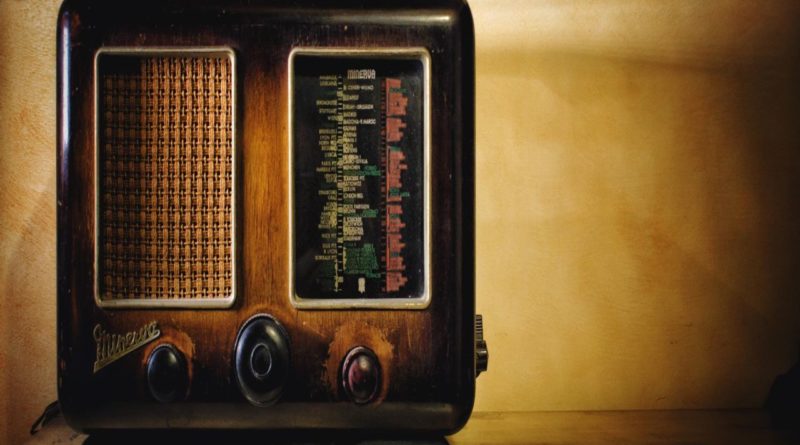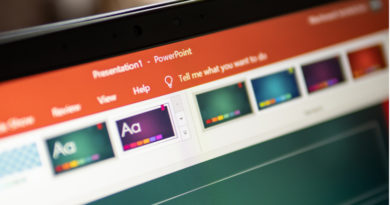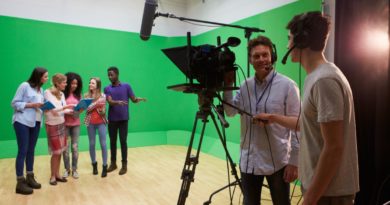Radio Broadcasting Courses: Become a Radio Professional
Considering a Radio Broadcasting Course?
If you want to work on the radio in the future, it is an excellent idea to do a radio broadcasting course. A radio broadcasting course will provide you with all you need to know about radio broadcasting. The course could be your way into the industry. The good news is there are tons of radio broadcasting courses currently available. They offer good flexibility too for those trying to balance study and work. Radio broadcasting courses are available in full-time, part-time and evening class options, in person and online.
A Brief History of Radio
Radio or in other words, sound communication by radio waves, generally through the transmission of news, music and various other kinds of programs from single broadcast stations to multitudes of individual listeners equipped with radio receivers. From its birth early in the 20th century, broadcast radio astonished and delighted the public by providing entertainment and news with an immediacy never before thought possible.
From around 1920 to 1945, radio developed into the first electronic mass medium, monopolising the airwaves and defining, along with magazines, motion pictures and newspapers, an entire generation of mass culture. Around 1945, the appearance of television began to transform radio’s role and content.
Broadcast radio remained to be the most widely available electronic mass medium in the world, though its importance in modern life did not match that of television, and in the early 21st century, it faced yet more competitive pressure from Internet-based audio and digital satellite services.
What Will I Learn?
Each radio broadcasting course differs depending on the level of the course and the course provider, however, there are some topics you can expect to learn in any radio broadcasting course. Therefore, you can expect to explore communications and audience theories, media law and ethics and radio documentary production and research.
In addition, you will explore radio news and current affairs, radio production and research methods. You will also learn about topics such as sociology of the media. If you’re radio broadcasting course features video or television production, you can expect to learn about TV studio news and current affairs as well as video journalism and documentary.
Career Opportunities
After completing your radio broadcasting course, you can work as a radio broadcaster, a presenter, a researcher, a producer or as a radio DJ. Depending on the course you choose, if it was blended with other kinds of media and journalism, you can also obtain roles as a journalist, videographer, a TV presenter and much more.
Career Progression
If you found you enjoyed your radio broadcasting course, there is always room to progress further. You could do a level 8 or level 9 course in radio broadcasting to further enhance your CV and open up your job opportunities further. Alternatively, you could do courses in related fields such as in communications, journalism, marketing or public relations.
If you’re serious about doing a radio broadcasting course, check out courses near you in the Nightcourses.co.uk national course finder.




